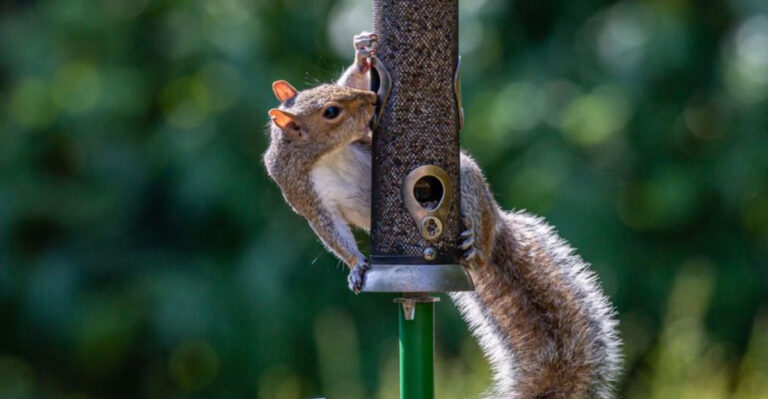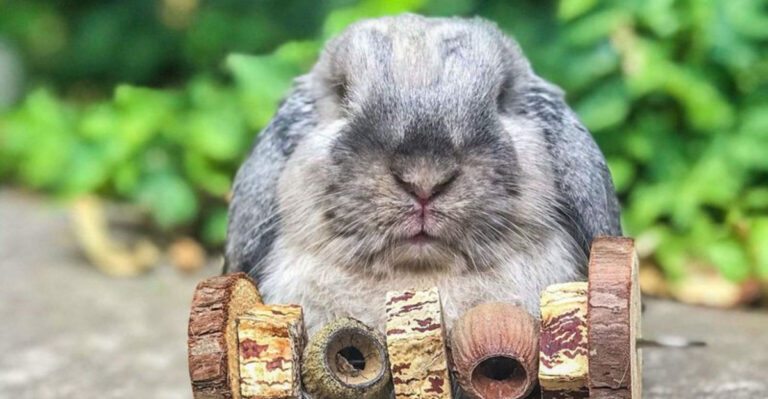15 Types Of People Who Shouldn’t Adopt A Cat
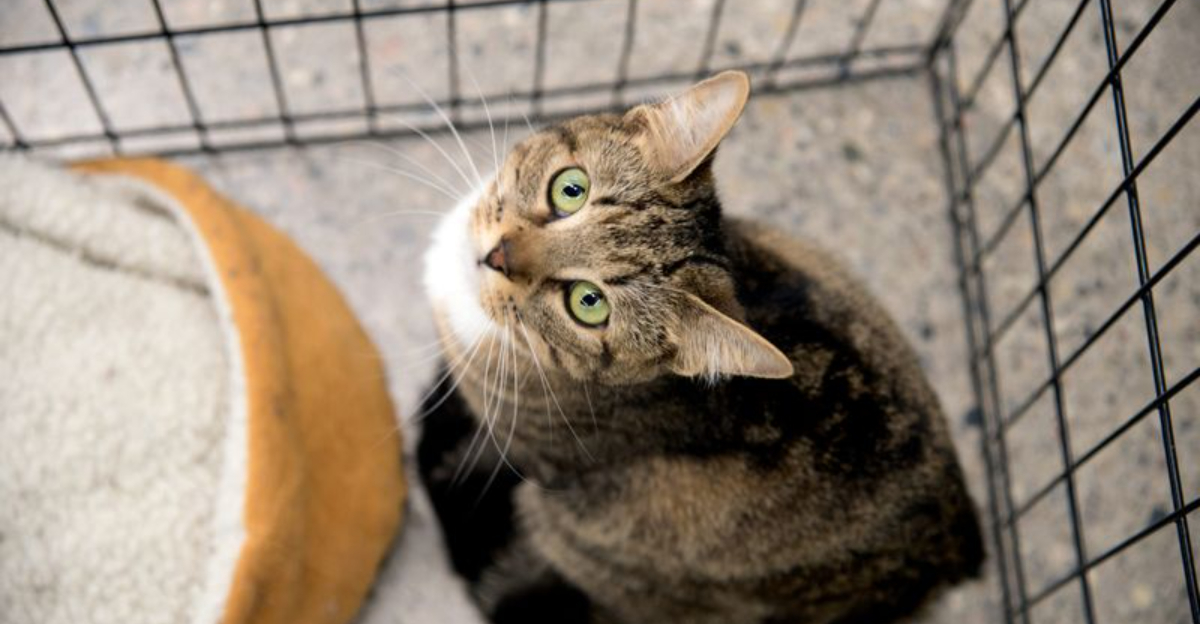
Cats make wonderful companions for many people, but they’re not the right pet for everyone. Bringing a cat into your home is a big responsibility that requires time, money, and emotional investment.
Before you head to the shelter, take a moment to consider if your lifestyle and circumstances are truly cat-compatible.
1. People With Severe Allergies
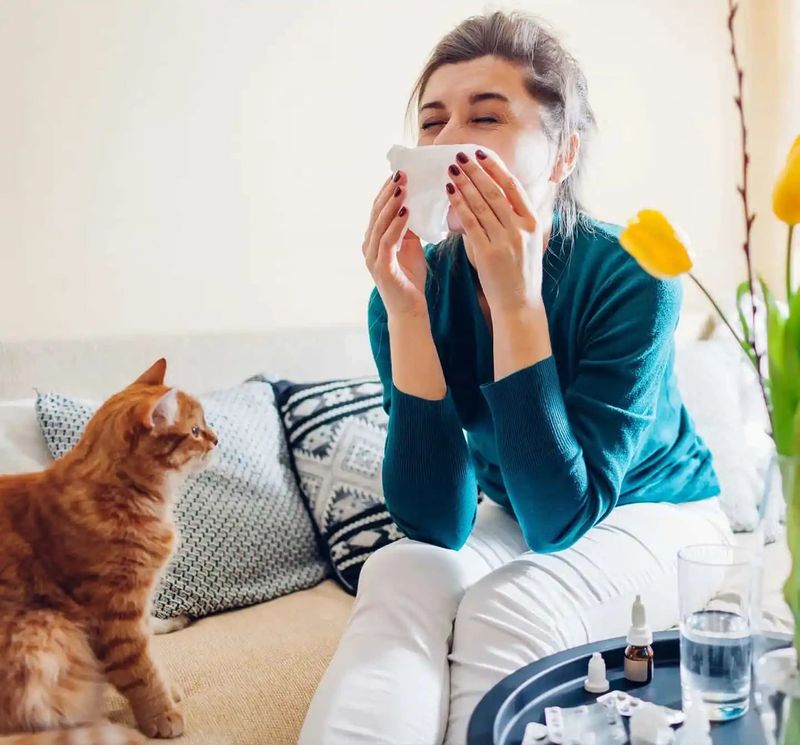
Living with constant sneezing, itchy eyes, and respiratory distress isn’t fair to you or your feline friend. Cat dander can trigger serious reactions that medication can’t always control.
Even hypoallergenic breeds produce some allergens. Your health matters, and a cat deserves someone who can cuddle them without suffering afterward.
2. Those With A Very Busy Schedule
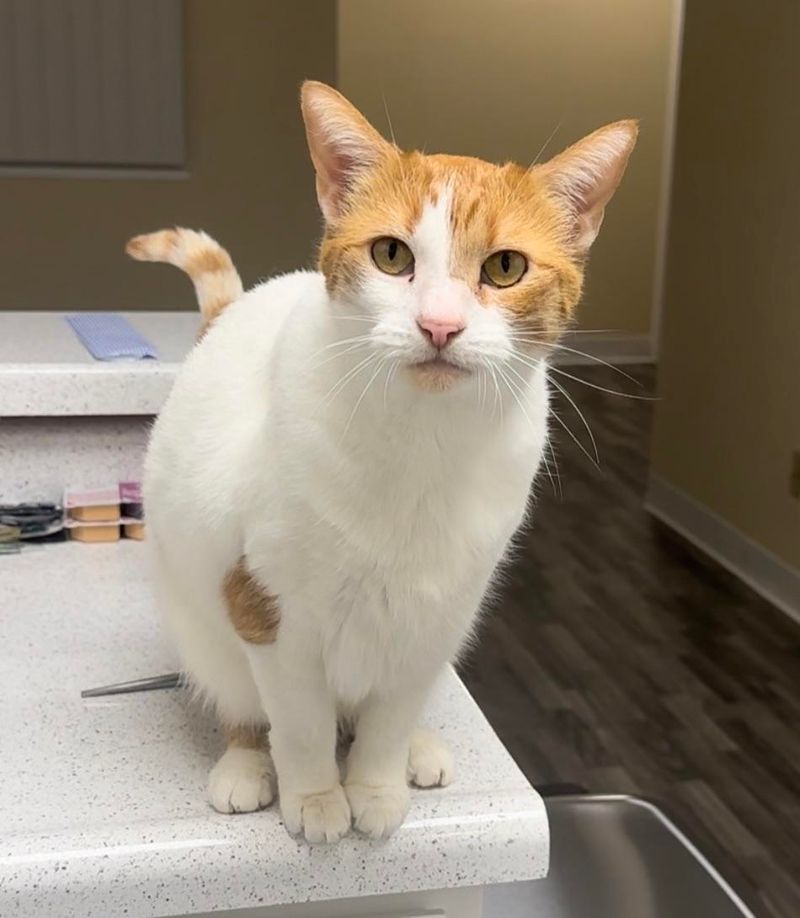
Cats aren’t as demanding as dogs, but they still need regular attention. Coming home just to sleep before rushing off again leaves your cat lonely and neglected.
They require daily feeding, fresh water, clean litter boxes, and genuine interaction. Your 60-hour work weeks and packed social calendar won’t satisfy a cat’s emotional needs.
3. People Who Don’t Enjoy Cleaning
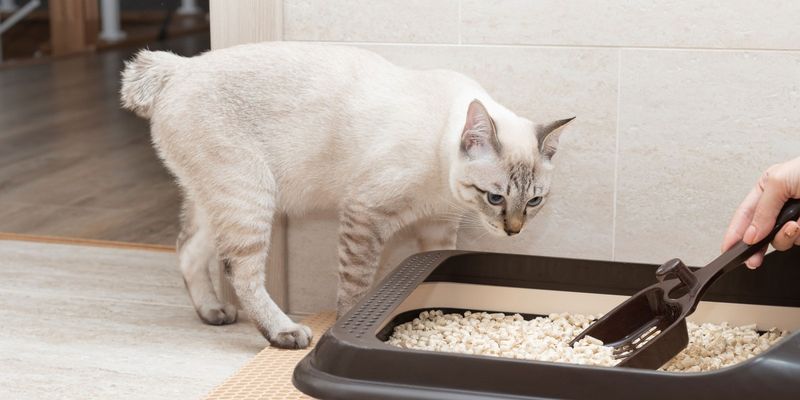
Cat ownership means embracing fur—on your clothes, furniture, and occasionally in your food. The litter box needs scooping daily and complete changes weekly.
Hairballs appear in surprising locations. Vomit happens. Cats knock things over. If you hate cleaning or expect a spotless home, cat parenthood will quickly become your personal nightmare.
4. People Who Have Small Children
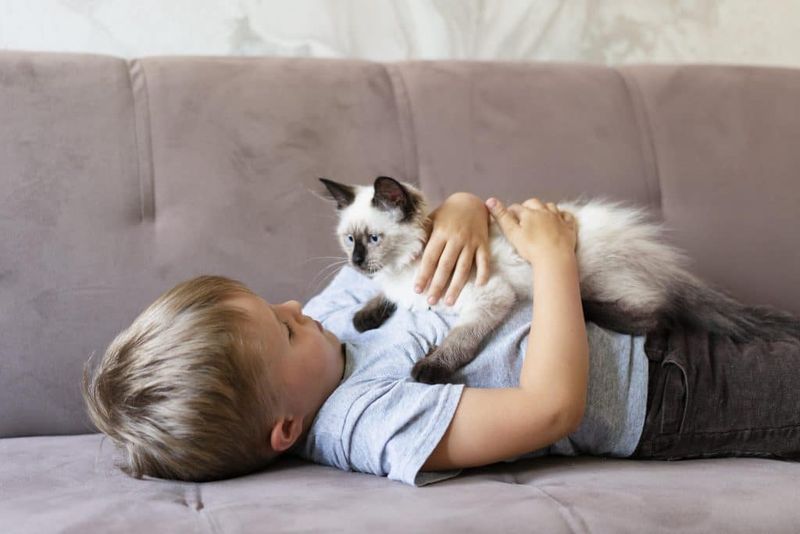
Toddlers grab tails, pull fur, and make loud, unpredictable movements that terrify many cats. This creates a stressful environment where scratches and bites become likely.
Young children haven’t developed the empathy to understand a cat’s boundaries. Waiting until kids are old enough to respect animals creates a safer situation for everyone involved.
5. Those Who Live In A Small, No-Pet Apartment
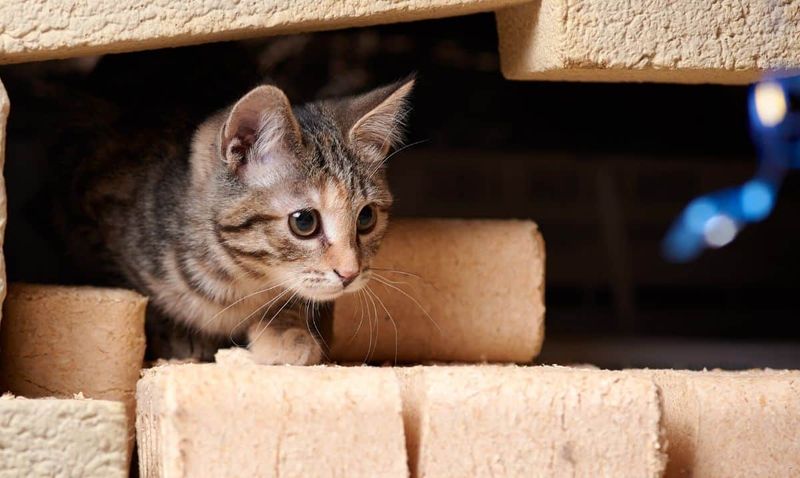
Hiding a cat in a no-pet apartment risks eviction and losing your security deposit. Cats make noise, and neighbors notice. Small spaces without climbing options or windows leave cats bored and frustrated.
Even if you’re willing to risk breaking your lease, consider whether your limited space provides the enrichment a cat needs to thrive.
6. People Who Are Not Prepared For Long-Term Commitment
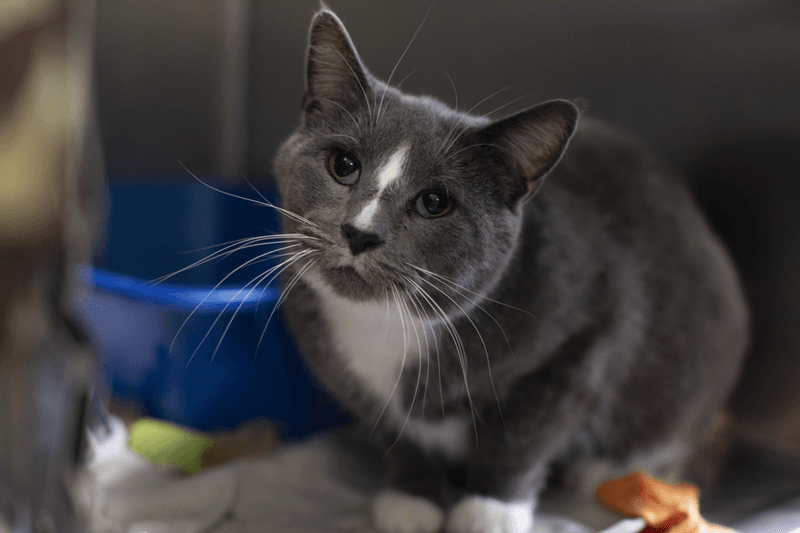
Cats often live 15-20 years—a significant chunk of your life. They’ll be with you through moves, relationships, and major life changes.
Adopting during college or before settling down often leads to heartbreaking surrenders. If you can’t picture yourself caring for the same animal when you’re a decade older, reconsider adoption.
7. Those Who Prefer Low-Maintenance Pets
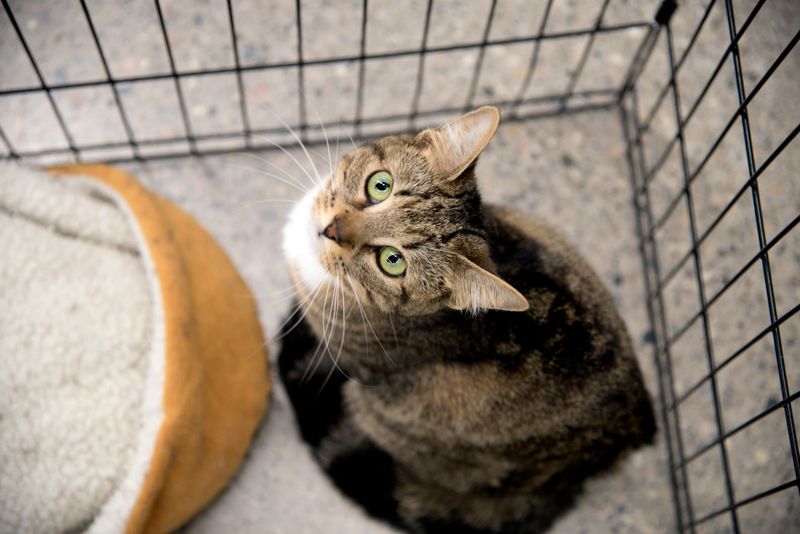
Forget the myth that cats are self-sufficient—they need daily care beyond just feeding. Litter boxes require regular cleaning, and many cats demand playtime and attention.
Health issues arise unexpectedly, requiring vet visits and medication. If you’re seeking a truly hands-off pet, consider a fish tank instead of a feline friend.
8. People Who Aren’t Willing To Invest Time In Training
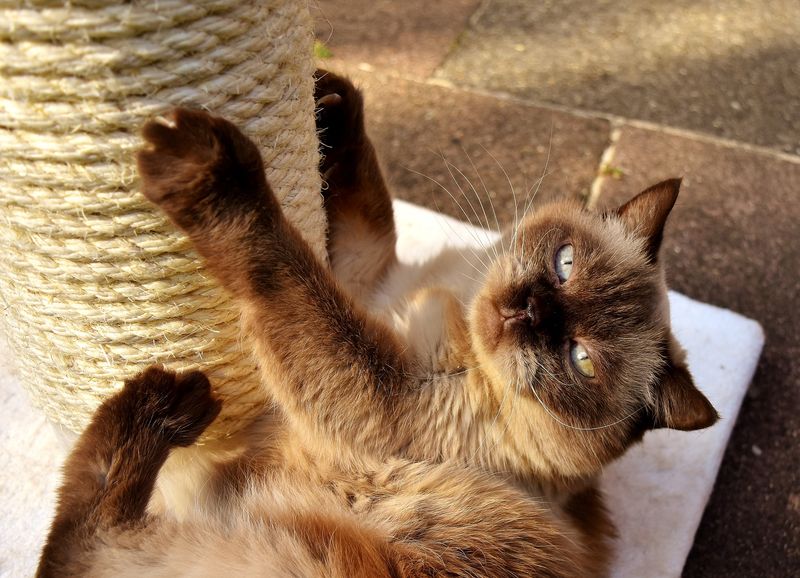
Untrained cats develop problematic behaviors like furniture scratching, inappropriate elimination, and counter-jumping. These habits worsen without consistent correction. Teaching boundaries requires patience and persistence.
Many surrendered cats simply lacked proper training. If you’re unwilling to redirect behaviors repeatedly, you’ll grow frustrated with your feline companion.
9. People Who Have A Fear Of Cats
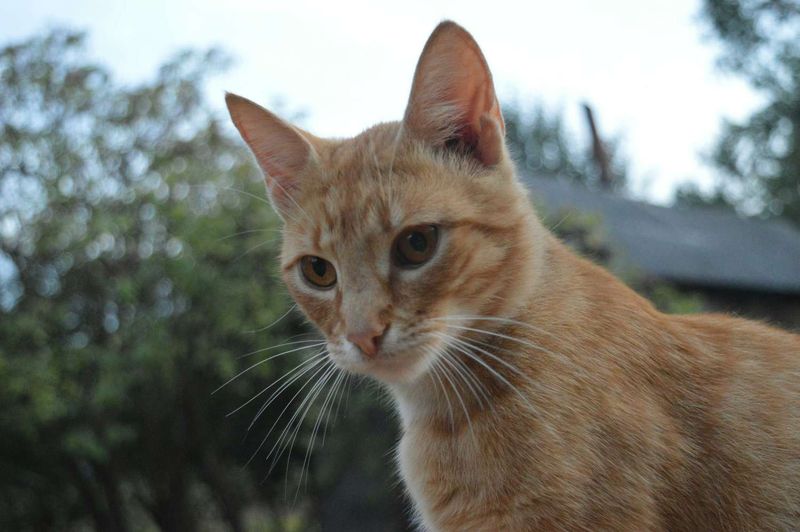
Ailurophobia (fear of cats) creates tension that cats immediately sense. Your anxiety manifests in body language that makes cats feel threatened.
This creates a cycle where both you and the cat feel unsafe. Forced exposure rarely cures deep-seated fears. Choosing a pet you’re naturally comfortable with creates a healthier relationship for everyone.
10. Those With Other Pets That Don’t Get Along With Cats
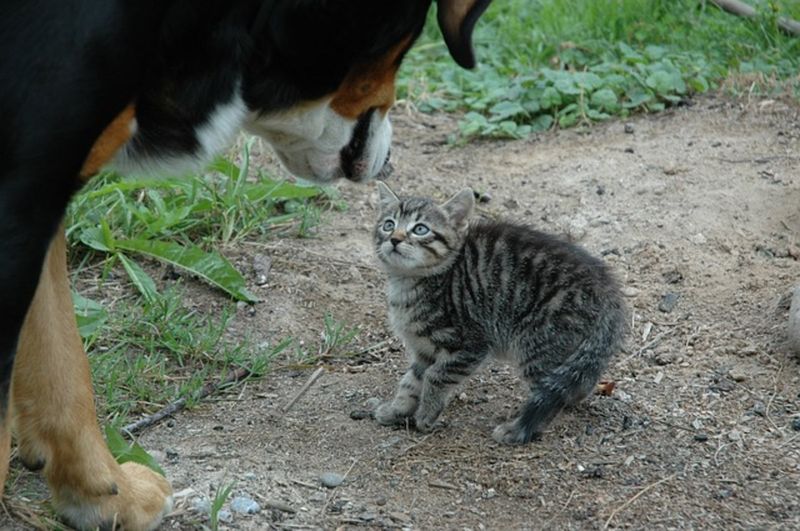
Some dogs have high prey drives that make cats perpetual targets. Certain birds, reptiles, and small mammals may become stressed by a predator’s presence.
Forcing incompatible animals to cohabitate creates a household filled with tension and potential danger. Your existing pets deserve consideration before introducing a natural predator or prey into their territory.
11. People Who Are Too Impulsive
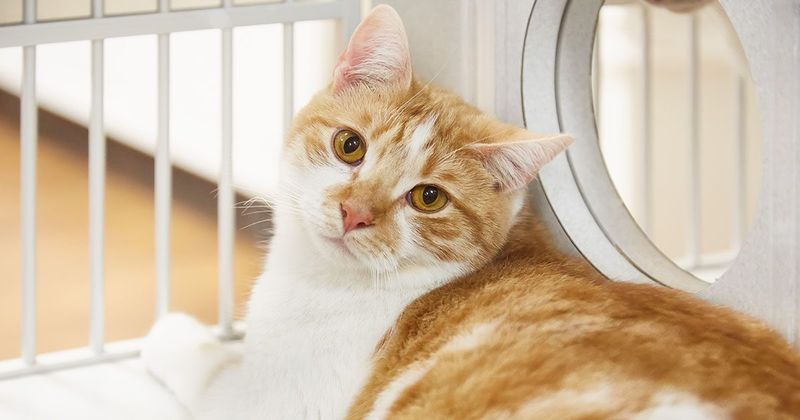
Adopting because a kitten looked cute in a shelter window often leads to regret. Impulse adopters frequently underestimate the responsibility. Research about breeds, temperament, and care requirements should precede any adoption.
Cats aren’t fashion accessories or temporary entertainment—they’re living beings that depend entirely on your commitment to their wellbeing.
12. Those With A Low Tolerance For Noise
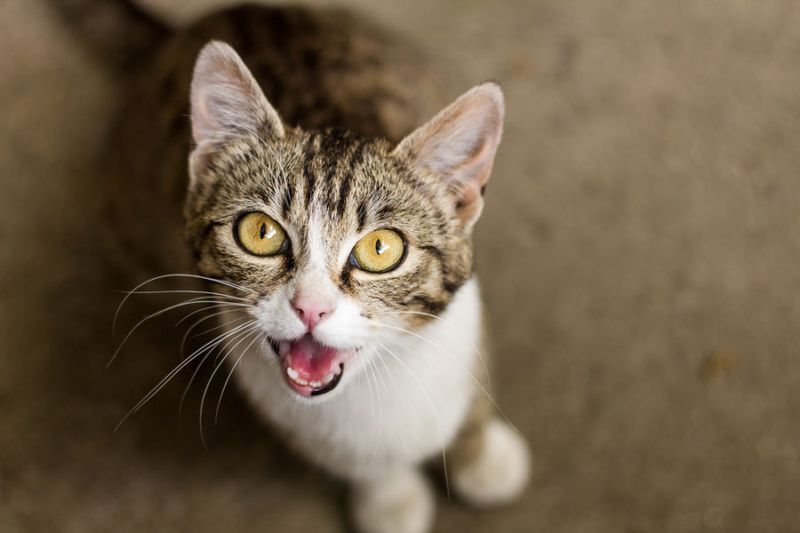
Cats vocalize for many reasons—hunger, attention, discomfort, or simply because it’s 3 AM and they feel chatty. Some breeds like Siamese are particularly talkative.
Night zoomies create sudden commotion when you’re trying to sleep. If unexpected noises trigger your anxiety or disrupt your concentration, a cat’s unpredictable sounds might drive you to frustration.
13. People Who Are Not Prepared For Financial Responsibility
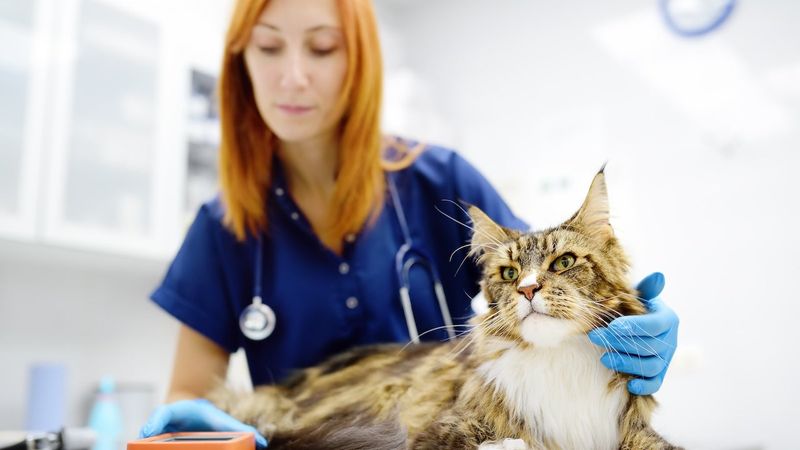
Beyond food and litter, cats need annual checkups, vaccinations, dental care, and preventative medications. Emergency vet visits can cost thousands without warning.
Senior cats often develop chronic conditions requiring ongoing treatment. If an unexpected $500 vet bill would devastate your finances, you’re not in a position to provide necessary medical care for a dependent animal.
14. People Who Travel Frequently
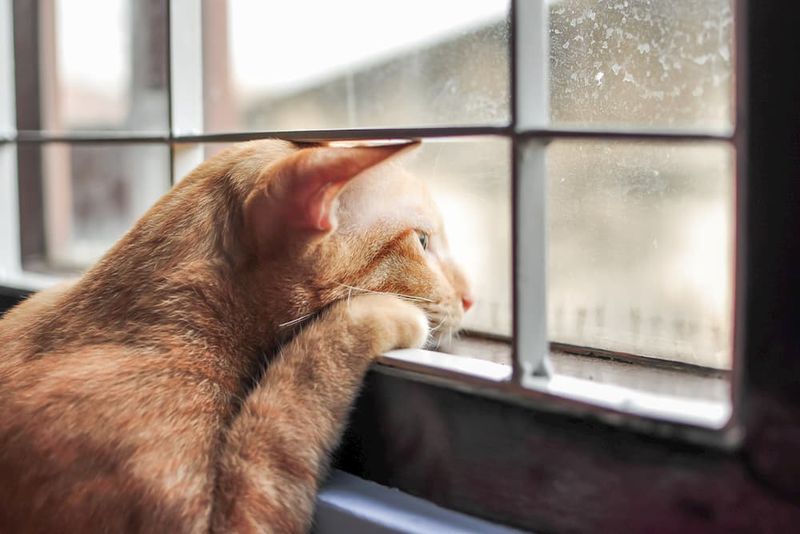
Cats form attachments to their people and environment. Constant absences create anxiety and behavior problems. Professional pet sitting gets expensive, and boarding stresses most cats.
While more independent than dogs, cats still need daily care and interaction. If your lifestyle involves frequent travel, consider how often your cat would be left with others.
15. Those Who Want A Pet That Will Always Be Affectionate
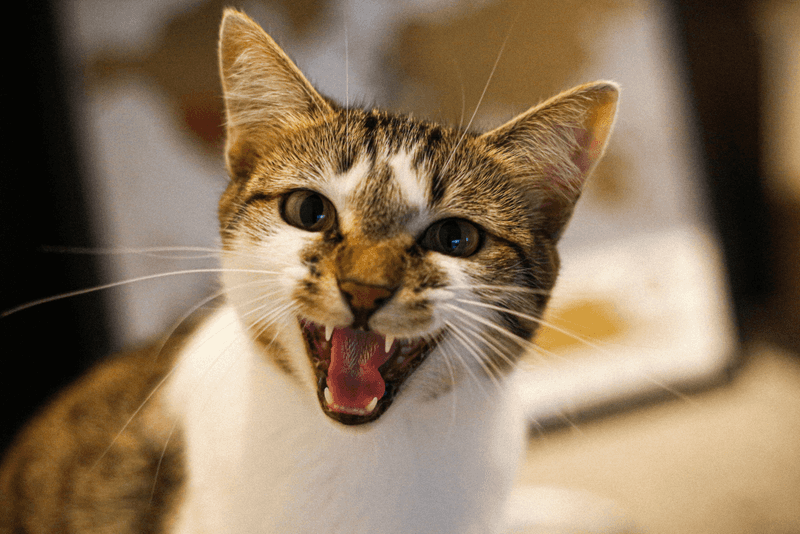
Cats operate on their terms—not yours. Many show affection only when they decide it’s appropriate, leaving some owners feeling rejected. Some breeds and individuals are naturally aloof.
If you need consistent emotional reassurance from your pet, a cat’s independent nature might leave you feeling unappreciated and disappointed in the relationship.


